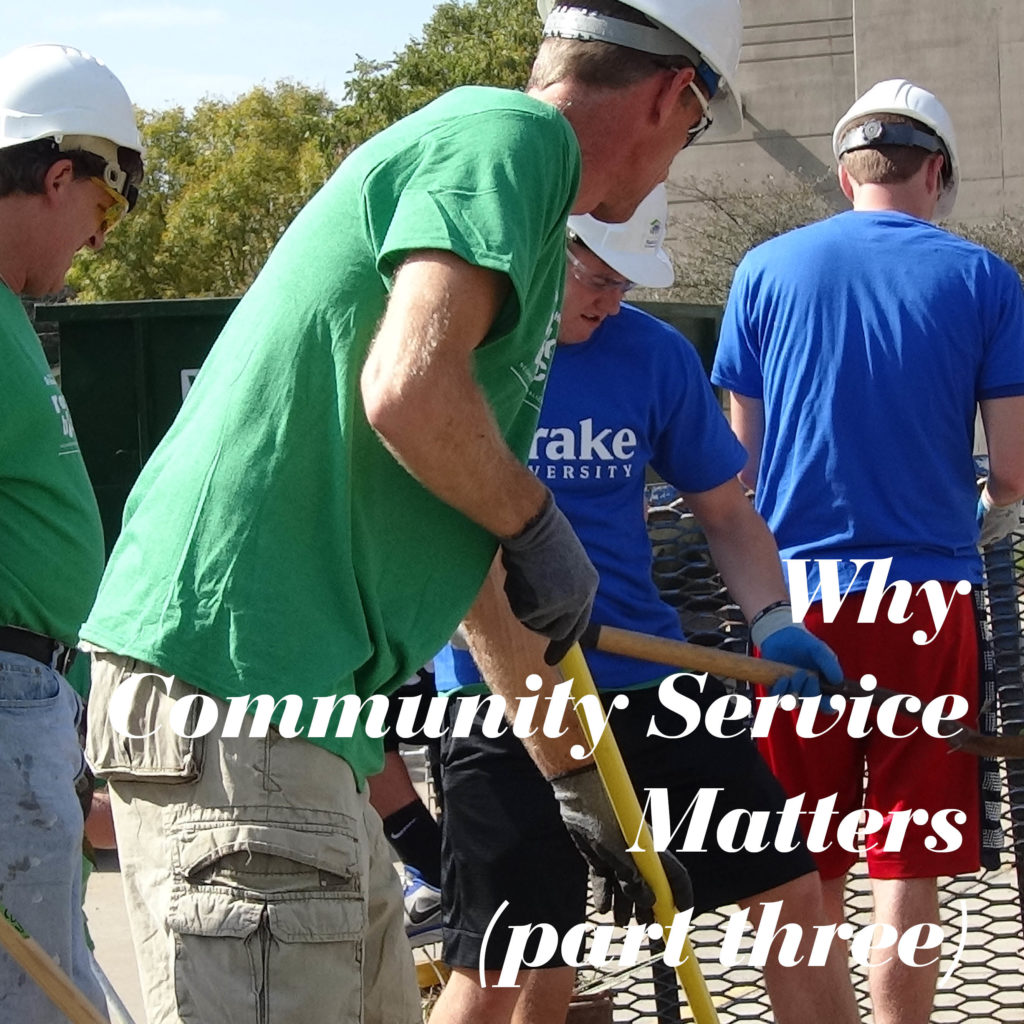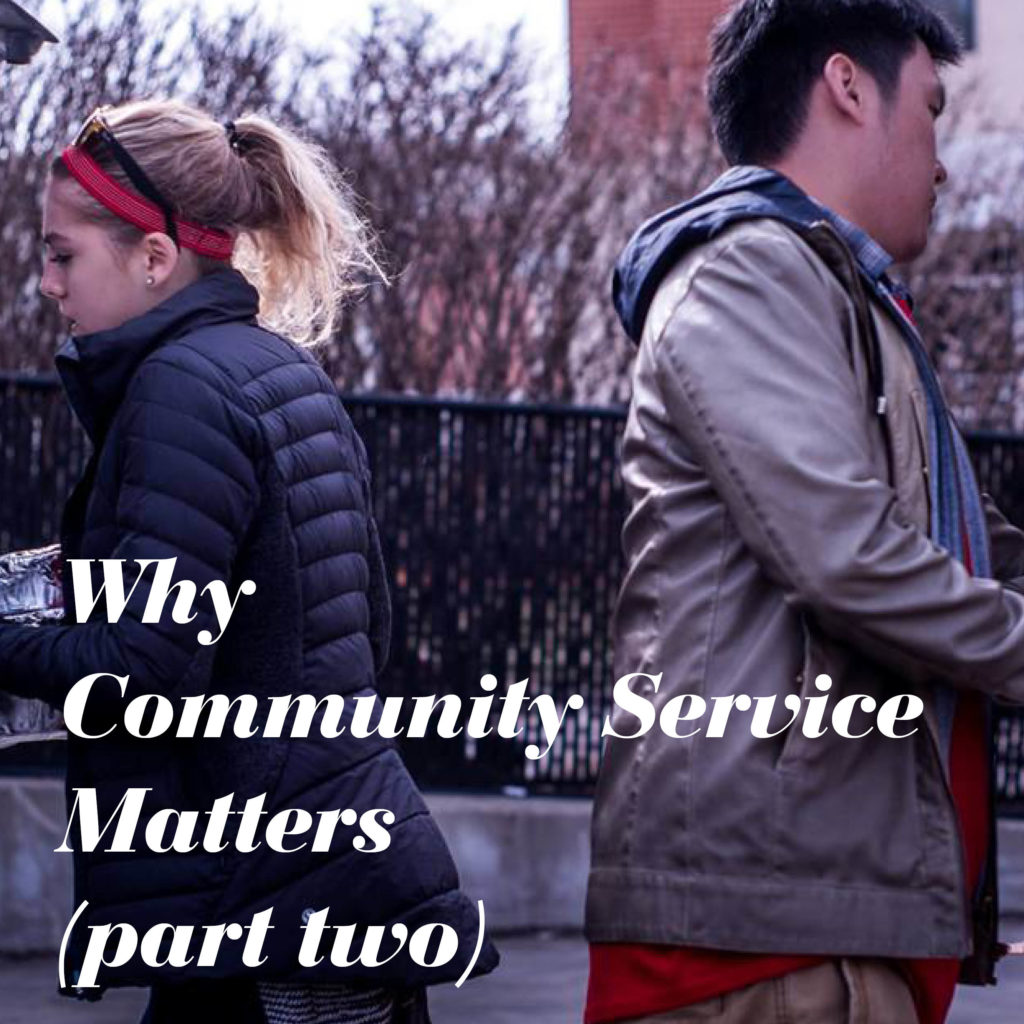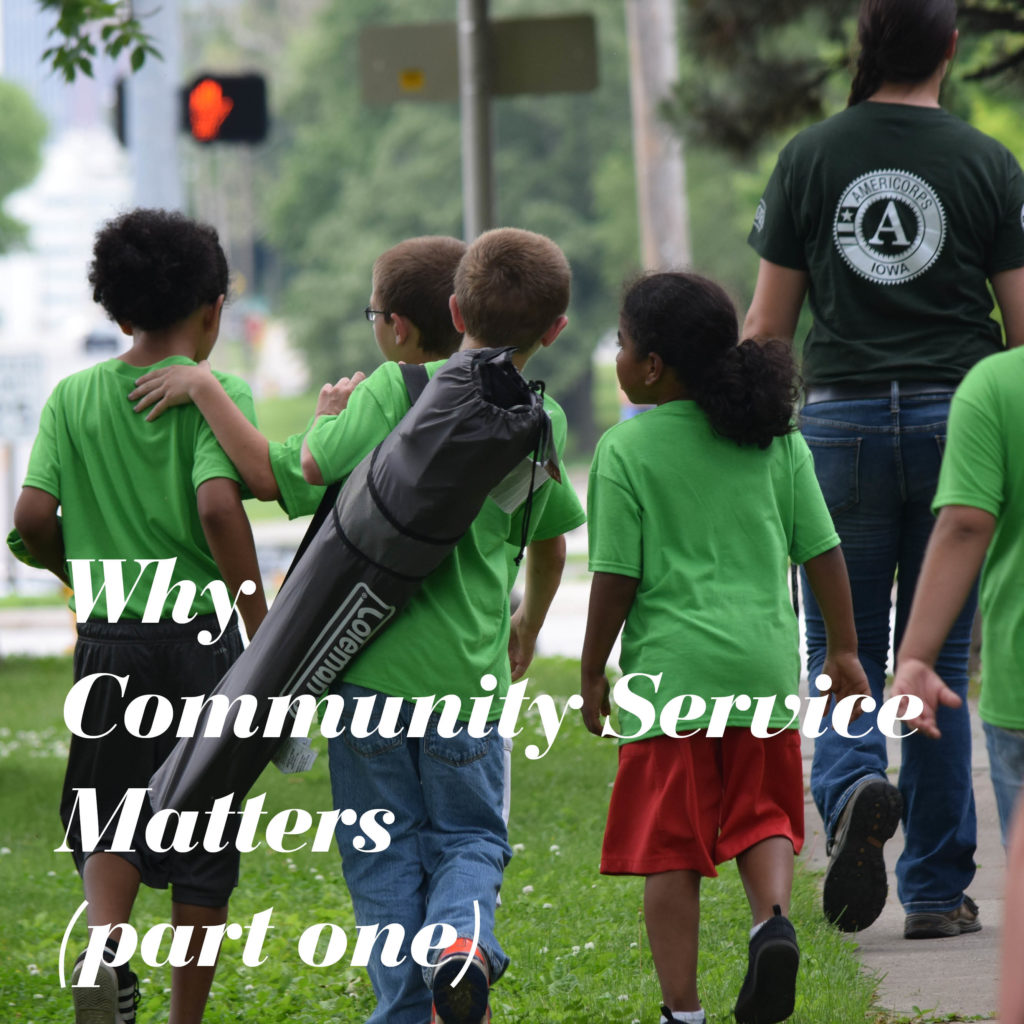The following poem is a sample of writing a student has done for their organization.
Race. Origin. Indigenous or aboriginal.
Heritage and background. Ethnicity.
Ethnic Background.
Culture and a cultural understanding.
Or a lack there of. Or simply something to think of.
Or something (cultural understanding)
being the link to a worldwide demanding
of me as me connecting to you as you.
As we travel through our “imagined community”,
being the idea of us understanding all of the fuss
and understanding all of the struggle,
most don’t imagine the community
that places its people on the same level.
Most don’t imagine the ability
of an egalitarisitc society,
being the belief of equality in all peoples.
Most can’t imagine that we bleed the same blood
or that some of us
have been drug through the mud,
or that our people have been murdered
in cold-blood and then have an issue
when I say that we aren’t going
to stand for this shit anymore.
There are people who lack the capacity
to do right and then have the audacity
to project their bullshit and mendacity
upon peoples who, for centuries, have used their tenacity
to rise against the brutality that has been
pushing them down.
And so this is, as they say, a call to arms, for all peoples.
This is, as they say, to show that in war,
there are no unwounded soldiers.
This is, as we are calling them say,
to combat the mental breakdown,
or better yet, the physical beat down,
or even further, the emotional drag down
that is experienced when people feel shut down,
rundown, and struck down because,
maybe, they’re just a little bit too brown.
What I’m speaking of is the disapproval that society
has placed upon its people who have
been worked into their graves,
worked until their hands, minds, bodies are incapable.
I am speaking of the society that forces its people
to remain stuck in time, never to evolve
into the beautiful species that we are.
What I am speaking of is the “culture”
that attempts to strip others of their own through
rebuking of indigenous language, dress, music and faith.
I am making reference to the precious
black and brown babies who, for years,
have been articulating the
immoral, inexcusable, unjustifiable
method and management of a system that was
never set up for their prosperity and yet
has the nerve to claim: “that all men are created equal”.
What I mean to say is that the time is long overdue
for a conversation that we are being forced to have now,
when this truly should have been had
a few hundred years ago.
Some may not agree with me.
Some continue to make the claim that we are all “free”.
I believe that we, collectively,
should agree NOT to disagree.
We should see those that continue to plea,
as they’re down on one knee,
so they don’t feel as if they have to flee from this life
in which P.O.C feel uncomfortable
even trying to feel comfortable.
The definitional line attempting to be solidified
revolves around how we, as the American “we”,
define “Equality” and “Equity” because, news flash,
we do not have root in being a homogenous society.
Race. Origin. Indigenous or aboriginal.
Heritage and background. Ethnicity.
Ethnic Background.
Culture and a cultural understanding.
Or a lack there of. Or simply something to think of.
written by Bakari Caldwell, a sophomore English student working with the Herb and Karen Baum Chair of Ethics in the Professions


